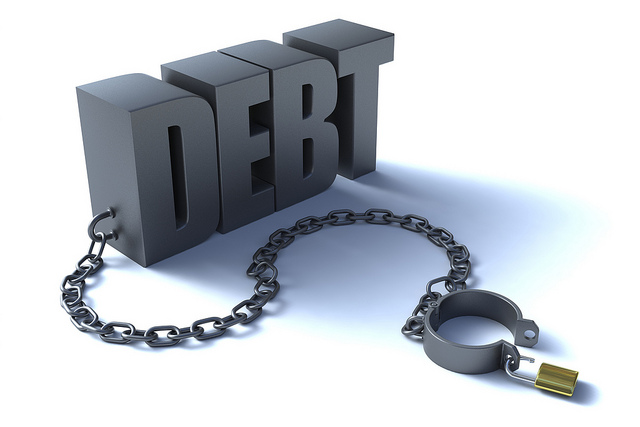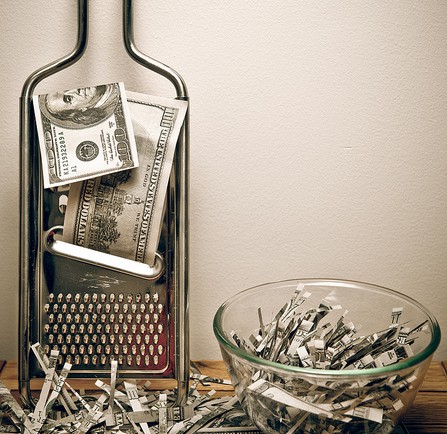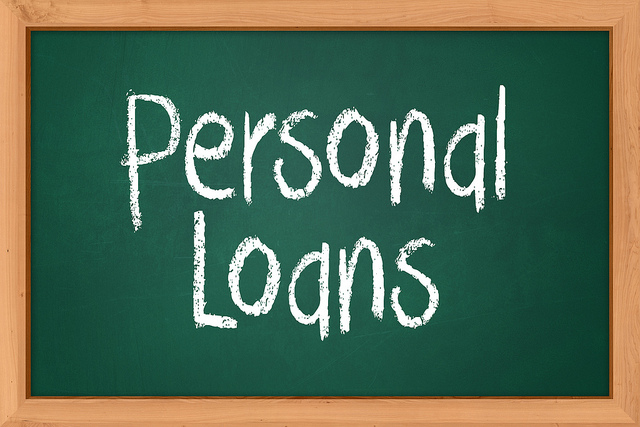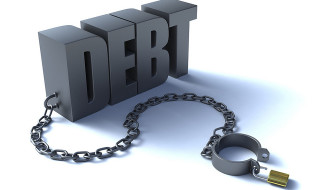Many Singaporeans look to their CPF to provide for retirement. As the General Election draws close however, some critics have panned the retirement scheme, saying it no longer suffices. Have a look at some of the realities of the CPF, and decide for yourself:
What is the CPF?
The Central Provident Fund (CPF) is a mandatory savings scheme for Singaporeans. This fund is used to provide for a range of crucial financial needs, such as healthcare, retirement, and home ownership.
Your CPF is automatically deducted from your wages, and your employer is also required to pay a portion into your CPF. Compulsory CPF contributions are as follows:
| Age | Your contribution | Your employer’s contribution |
|---|---|---|
| Up to 50 years old | 20% of monthly income | 17% of monthly income |
| From 51 to 55 years old | 19% of monthly income | 16% of monthly income |
| From 56 to 60 years old | 13% of monthly income | 12% of monthly income |
| From 61 to 65 years old | 7.5% of monthly income | 8.5% of monthly income |
| Above 65 | 5% of monthly income | 7.5% of monthly income |
Your CPF is divided into an Ordinary Account (OA), a Special Account (SA), and your Medisave account. The interest rates for these accounts (as of 2015) are:
- OA – 3.5% per annum
- SA – 5% per annum
- Medisave – 5% per annum
You do have the option to invest your CPF money in other schemes, based on an approved list. However, the returns are not guaranteed, and the government will not replace any losses you incur. You can see further details on allowable investments here.
Once you reach the age of 55, you will be able to withdraw all the money except for a required Minimum Sum. The Minimum Sum is placed in a Retirement Account (RA). From the age of 65, savings in your RA are disbursed to you in monthly payouts, which should ideally last till you are 90.
The Minimum Sum (as of 2015) is S$155,000. From the age of 65, this should provide monthly payouts of around S$1,200.
Is the CPF Alone Enough to Retire On?
The answer for most Singaporeans is “yes, but…” Here are some of the factors you need to consider:
- Your CPF depletes very quickly when used to pay for your flat
- The CPF rate barely keeps pace with inflation
- A lot depends on how comfortable you want your retirement to be
1. Your CPF Depletes Very Quickly When Used to Pay for Your Home
Buying a home is one of the ways Singaporeans use their CPF. When you take out a HDB concessionary loan, the entirety of the down payment can come from your CPF*.
(*This does not apply to private bank loans, in which only 15% of the down payment can be made with CPF.)
CPF can also be used to pay for certain fees, such as the legal paperwork for the purchase. Mortgage repayments can be taken from your CPF rather than your bank account.
But this means that, if you use too much of your CPF money purchasing a house, there is a real possibility of it running out.
If you use HDB loans, the interest rate is 0.1% above the prevailing CPF rate (3.6% at present). If you use a private bank loan, the rate fluctuates according to an index, such as SIBOR or SOR. Both options can wipe out your CPF, and leave too little even for the Minimum Sum.
So if you want CPF to provide for your retirement, never overreach and buy a property beyond your means. If you buy the biggest house you can possibly qualify for, be aware that you could be forced to sell it to fund your retirement.
2. The CPF Barely Keeps Pace with Inflation
Singapore’s core inflation hovers at around 3%, which is on par with most developed countries. This means that the general cost of living goes up by 3% with each passing year, and your wealth is being depleted if it can’t grow as fast.
Given the CPF’s return of 3.5% and 5% (for OA and SA respectively), your real returns are only around 0.5% for OA and 2% for SA. This means that relying on CPF alone will provide for a very modest retirement.
Should you have plans after you stop working (e.g. travel the world, look after your grandchildren financially), it may not be a good idea to rely solely on CPF. You should speak to a financial advisor or a wealth manager about different investment products, which can complement your CPF.
3. A Lot Depends on How Comfortable You Want Your Retirement to Be
A pay out of S$1,200 a month is comfortable for some people, but painful for others. We are all used to different standards of living. If you enjoy a high income of S$15,000 a month, for example, switching to S$1,200 a month will be extremely painful.
As such, it is important to work out your desired Income Replacement Rate (IRR). This can be done with holistic financial planning, which also takes into account the amount you will need at retirement, and how long you have to get there (your investment horizon).
Do not believe any arbitrary “rules”, such as sayings that you must have a million dollars to retire in Singapore, or that S$500,000 is enough to quit your job. Such figures are not grounded in your specific needs. Speak to a qualified wealth manager or financial advisor to identify the sum you need.
A Note on Debt
Personal loans range from 6 – 8% per annum, and credit card loans reach around 24%. Your CPF interest rates (or the rates of even the most phenomenal financial products on the market) will never “outgrow” your debt. It is almost impossible.
If you want to retire well, you must pay down your debts early. Be an extreme miser with loans. Make comparisons every time you need money from the bank. You can find the best loans on SingSaver.com.sg.
In Summary:
The CPF is enough to provide the bare basics, when it comes to retirement. However, your retirement will not be lavish if you rely on CPF alone, especially if you are used to a more expensive lifestyle.
(This article is brought to you by SingSaver.com.sg)










